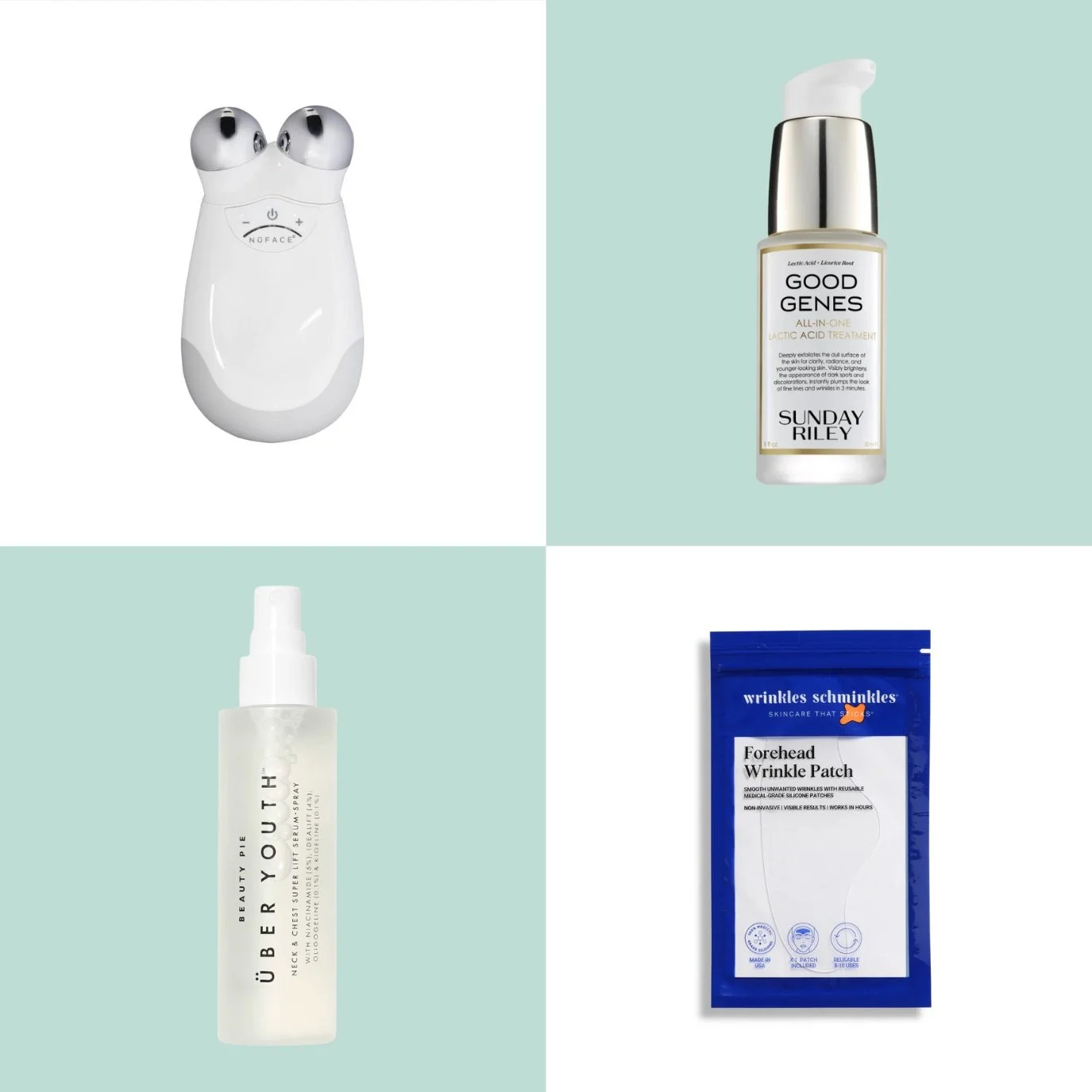If You Do This One Thing You Have A Higher Chance Of Getting Divorced
by Tamara Jefferies
I’m not even going to make you scroll to get to what the “one thing” is.
It’s sarcasm.
But sarcasm is fun! It’s funny! It’s easy! People boast about how “sarcastic” they are on their Hinge profiles to show what a great hang they are!
But using sarcasm with your partner during conflict is completely ineffective, distancing, maddening, unhelpful, and turns out to be one of the biggest predictors of divorce.
John Gottman, psychologist and author of loads of books dealing with marriage and relationships, says the reason the use of sarcasm is so threatening to a long-term relationship is that it’s a clear sign of contempt. And where there’s contempt in a relationship there is the loss of appreciation, admiration, and respect.
According to biggest predictors of divorce, when we’ve reached this phase it’s as though we “can’t remember a single positive quality or act.” Which is just about the time that sarcasm rears its head.
However, before things get that bad, before we jump into the boat of contempt together, there can be other reasons we use sarcasm in our relationships. Namely? Fear. We are afraid of our partner’s rejection, judgment, ridicule, or abandonment.
Another common reason is that we’re just not very good at talking about our feelings because we just don’t have the words. Likely because we also can’t identify our feelings. By not having a sufficient vocabulary for our emotions, even if we wanted to express ourselves honestly, we can’t. One of the first skills Gottman teaches couples to improve their communication is “being able to put one’s feelings into words.”
Whatever reason you may have for being sarcastic toward your partner, just know that sarcasm damages romantic relationships. Period. So what if sarcasm has become your norm? Read this.
So how do we keep sarcasm from ruining our relationships?
1. Awareness.
The first step to stopping sarcasm from wrecking your relationship is being aware of it in the first place. Start noticing when you use sarcasm. And start noticing why you used it. Is it used jokingly? Or is it used passive-aggressively? This can look and sound like a joke but you can feel the cut underneath it. Like, ‘Thanks, honey, you were soooo helpful.’ And you can hear the salt in your voice. That’s passive-aggressive.
2. Notice
The next step is to give yourself a minute. In the moment between your partner doing something that bothered you and you shooting back a sarcastic cut-down, there is a gap. In this space is your power to choose a different response.
When you’re caught in being reactive, then you will speak without thinking. Once you’re aware of what’s happening, you get to take a moment before you react.
Here’s an alternative to being sarcastic in that moment. When you sense a sarcastic comment about to explode from your mouth, stop. Take a breath. And notice what you’re feeling inside.
For example, say you had something happen in your career that you’re stoked about. The first person you want to share your excitement with is your partner. But when you do, they dismiss it as no big deal. They are not there for you to share your excitement or your pride. That can sting. You feel hurt and let down. Instead of saying that though, you say as sarcastically as possible, ‘Thanks for your support.’
Then you wait. Did it register? The baffled look on their face says no. You walk away feeling crushed.
3. Speak up.
Once you’re in touch with what you’re feeling, say it to your partner. It could be as simple as, ‘Wow, you know, I’m noticing that my chest feels really tight. I feel like I just had the wind knocked out of me.’
Your partner might look at you a little puzzled. They may not respond or they might ask why. You may notice that now your heart is racing and you’re feeling nervous because now you’re on the spot. It’s okay. Just keep breathing and keep noticing without trying to change what you’re feeling or dismissing it.
You might add something like, ‘I was really excited to share my news with you and I was hoping you’d be excited too and when you weren’t, I felt sad.’
It could be as simple as that.
Now, I don’t want to give the impression that just because it’s simple it’s not also scary as shit; it can be terrifying to admit our true feelings so frankly.
What I can say is, get comfortable being uncomfortable.
Sarcasm is the shield we put up when we don’t want to deal with discomfort. To be real about your feelings is to be uncomfortable and to risk being uncomfortable in front of your partner. It’s that kind of vulnerability and openness that creates closeness. While sarcasm only creates distance. Sarcasm can become a habit. And with any habit it takes time to change.
4. Build your vocab of “feeling words.”
If you struggle to find the right words in describing how you feel, a great resource to start with is the Non-Violent Communication site, based on the book of the same name. It gives a handy download called the “Feelings Inventory” to help us better express ourselves.
5. Talk with your partner.
Arrange a time for you and your partner to talk. Talk openly about the ways you’ve used sarcasm to mask uncomfortable emotions. Or if it’s your partner who is the more sarcastic one, still frame the conversation around how you would like to have more honest and effective communication. And share how their sarcasm has affected you.
Bring up ways you haven’t been showing up as you would like. Because let’s be real, if your partner is sarcastic there is a possibility that you haven’t been showing up for them how they’d like. I know, it stings to hear it but it’s probably true.
By being the first to volunteer where you feel you’ve fallen short, you open an invitation for your partner to follow suit and express their feelings as well. Unless you’re dealing with a narcissist. But that’s a conversation for another time.
Our relationships offer us incredible opportunities to share life, love, and growth. Hiding behind sarcasm robs us of these moments and makes having a close relationship a challenge. Life can be challenging enough on its own. Make your relationship a safe place by being real about your feelings and encouraging your partner to do the same.
Tamara Jefferies is a So-Cal based freelance wellness copywriter. In her downtime, she’s testing out recipes from around the world or traveling and exploring new places with her partner. You can find more of her articles here.










